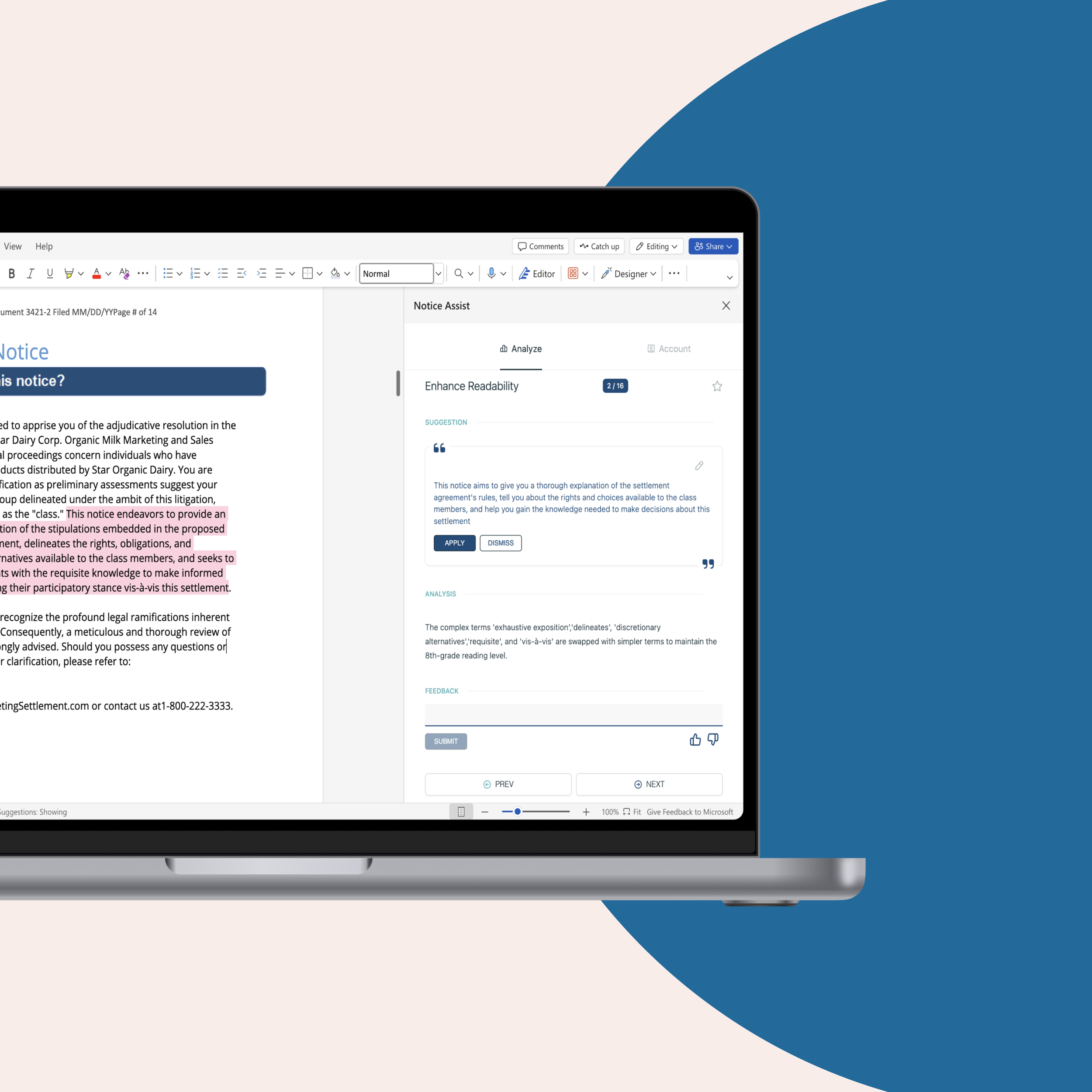Amendments to Class Action Rule 23 Now in Effect: Objectors Beware!
Daniel Nesbit, Law Fellow
Over two years ago, we gave an update on proposed amendments to Rule 23, the federal class action rule. Since then, the proposed changes have worked up the chain, gaining approval from the Advisory Committee on Civil Rules, the Standing Committee on Rules, the Judicial Conference of the United States, and recently the Supreme Court. The amendments went into effect on December 1, 2018, marking the first substantive update to Rule 23 in fifteen years.
Among the changes, curbing “bad faith” objectors.
What’s new? In summary:
Class Action Settlement Approval [Rule 23(e)]:
Rule 23 now codifies the three-part settlement approval process – preliminary approval (described as approval to provide notice to the class), notice, and final approval.
In order to earn court approval to send notice to the class, the parties must provide “sufficient” information for the court to determine whether it will likely be able to approve the settlement and certify the class for purposes of judgment.
The rule now includes a detailed list of factors for courts to consider before final approval of a class settlement, including class representation, whether the negotiation took place at arm’s length, the adequacy of class relief, and equitable treatment of class members.
Notice [Rule 23(c)(2)(B)]:
Class notice no longer requires first class mail; instead it may be sent via email, text, or social media, where appropriate.
Settlement Objectors [Rule 23(e)(5)]:
Objectors are required to “state with specificity the grounds for the objection” and note whether the objection applies to the objector, a subset of the class, or the whole class.
Courts must hold hearings, review, and approve any “payment in connection with an objection.”
Interlocutory appeals [Rule 23(f)]:
Interlocutory appeals are permitted only following grant or denial of class certification. No appeals are allowed after an order to give notice of a proposed settlement.
Where any party is the United States (or an agent of the U.S.), the deadline to file a Rule 23(f) appeal is now 45 days (originally 14).
You can view the changes for yourself here (Rule 23 starts on p. 8 and its tracked changes counterpart on p. 28). Be sure to check out the Advisory Committee Note’s commentary on the rule changes (pp. 35-47) as well as our webinar, Four Simple Words – The Standard for Approval of Class Action Settlement Notice and the Extinction of Preliminary Approval, which covered some of the rule changes relating to settlement approval.












